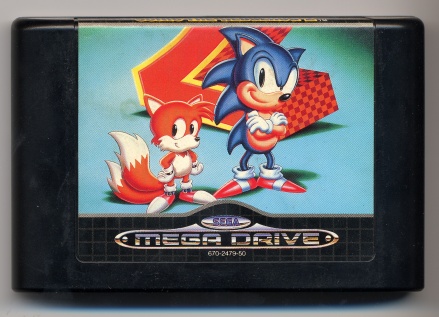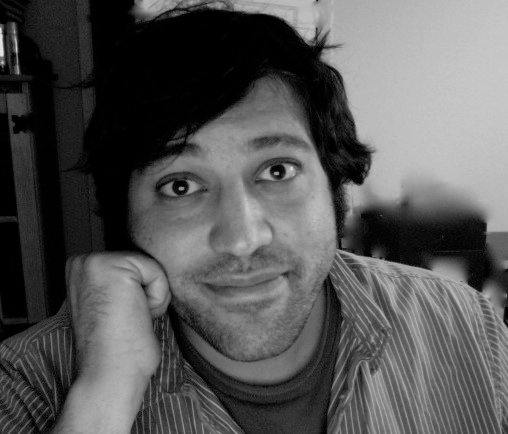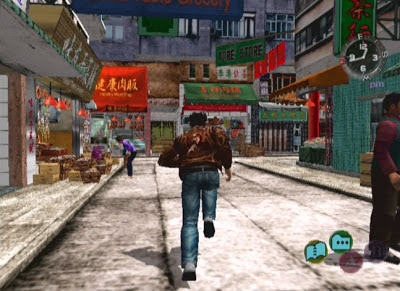hussien-11
Senior Content Specialist
كم كاس عالم تابعت في حياتك ؟
كاس العالم 98 .. تتذكره مثل ما تتذكر كاس عالم 2010 ؟؟
من 94 إلى الآن
ذكرياتي من كأس العالم 98 أقوى و أكبر من 2010
و ذكرياتي - كلاعب - مع ألعاب التسعينات أقوى من حقبة الألفية بكثير، فيه سبب يخليني أقول عن التسعينات "حقبة ذهبية" لألعاب الفيديو
ردودي السابقة بهالموضوع فيها أمثلة كثيرة على هالذكريات.






